Home>Home Appliances>Laundry Appliances>How Do You Know If You Overload Your Washing Machine
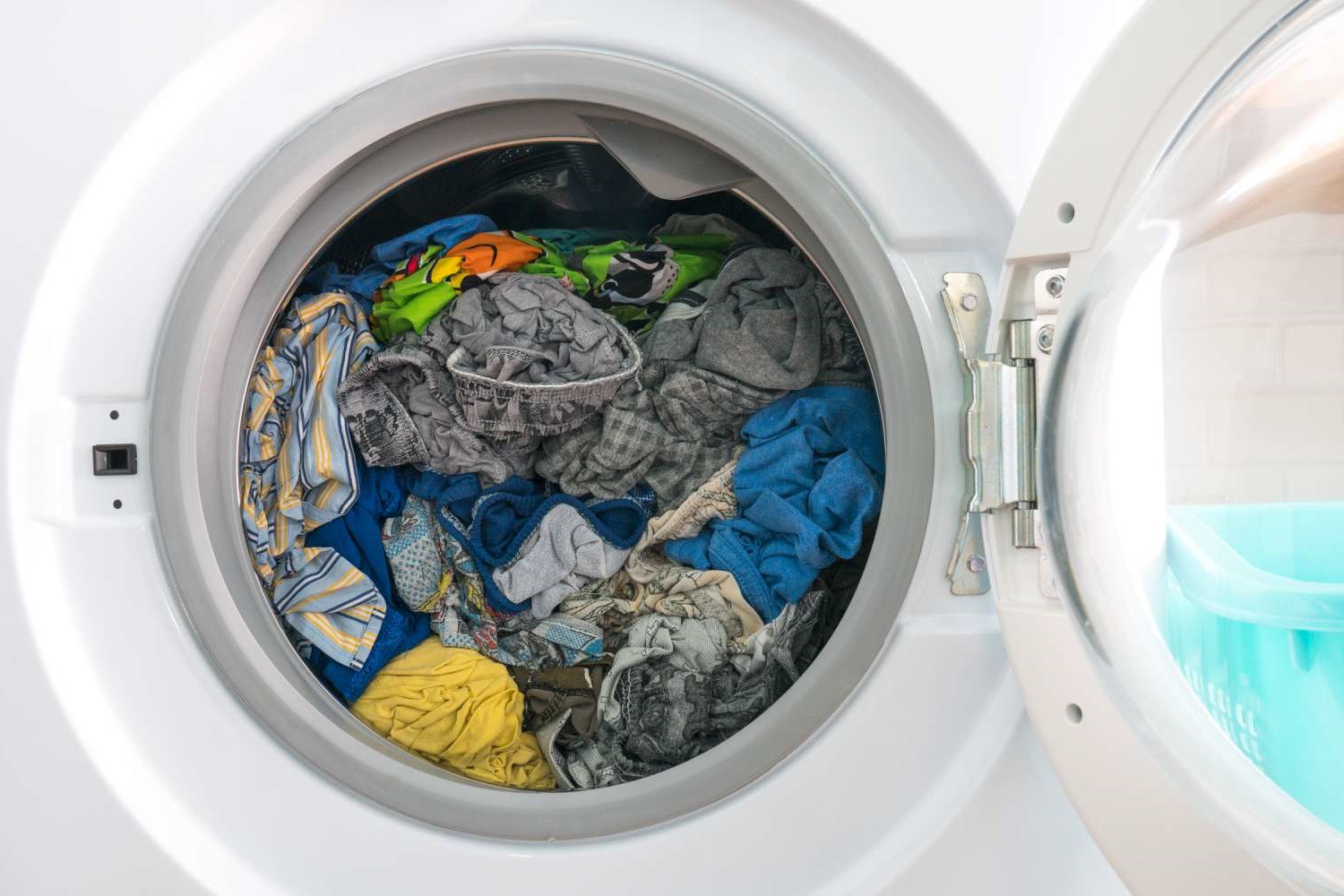

Laundry Appliances
How Do You Know If You Overload Your Washing Machine
Published: February 22, 2024
Learn the signs of overloading your laundry appliances and how to prevent damage. Discover the best practices for using your washing machine effectively.
(Many of the links in this article redirect to a specific reviewed product. Your purchase of these products through affiliate links helps to generate commission for Storables.com, at no extra cost. Learn more)
Signs of Overloading Your Washing Machine
Overloading your washing machine can lead to a range of issues, from poor cleaning results to potential damage to the appliance. It's important to be aware of the signs that indicate you may be overloading your washing machine. Here are some key indicators to watch out for:
-
Difficulty Closing the Door: If you find it challenging to close the washing machine door or if it requires excessive force to shut, it could be a sign of overloading. Overfilling the machine can put strain on the door and its locking mechanism, making it difficult to secure the door properly.
-
Visible Strain on the Drum: Take a look inside the washing machine when it's in operation. If you notice the drum struggling to rotate smoothly or if it appears to be overloaded with laundry, it's a clear sign that you may be putting too much in at once.
-
Unbalanced Spin Cycles: Overloading can lead to an imbalance in the load, causing the washing machine to shake or move excessively during the spin cycle. If you observe the appliance vibrating excessively or making loud banging noises, it's likely that the load is too heavy.
-
Incomplete Cleaning: When you remove your laundry from the washing machine and find that some items are still dirty or soapy, it could be an indication of overloading. Insufficient space for proper agitation and rinsing can result in inadequate cleaning.
-
Longer Wash Times: Overloading the washing machine can extend the duration of the wash cycle. If you notice that the machine is taking significantly longer to complete a cycle than usual, it may be struggling to handle the excessive load.
-
Water Leakage: An overloaded washing machine may experience water leakage, especially around the door or detergent dispenser. The excess pressure from the overloaded load can compromise the machine's seals, leading to potential leaks.
-
Excessive Wear and Tear: Overloading your washing machine on a regular basis can cause accelerated wear and tear on various components, including the motor, drum, and suspension system. Keep an eye out for signs of premature damage or unusual noises during operation.
By being mindful of these signs, you can prevent overloading your washing machine and ensure optimal performance and longevity for your appliance.
Key Takeaways:
- Don’t overload your washing machine! Signs include difficulty closing the door, unbalanced spin cycles, and incomplete cleaning. Avoid potential damages like mechanical strain, imbalanced spin cycles, and increased energy consumption.
- Follow manufacturer guidelines, use a measuring guide, and prioritize balanced loads to prevent overloading. Avoid stuffing the drum, consider washing bulky items separately, and monitor water levels. Properly loading your washing machine preserves its efficiency, saves energy, and maintains garment quality.
Potential Damages Caused by Overloading
Overloading your washing machine can lead to a myriad of detrimental effects, impacting both the appliance itself and the quality of your laundry. Understanding the potential damages caused by overloading is crucial in maintaining the efficiency and longevity of your washing machine.
-
Mechanical Strain: Excessive loads place undue stress on the washing machine's mechanical components, including the motor, drum, and suspension system. This strain can lead to premature wear and tear, resulting in the need for costly repairs or even early replacement of the appliance.
-
Imbalanced Spin Cycles: Overloading disrupts the balance of the load within the drum, causing the washing machine to experience imbalanced spin cycles. This imbalance can lead to erratic movements and excessive vibrations, potentially causing damage to the internal mechanisms and compromising the appliance's stability.
-
Reduced Cleaning Efficacy: Overloading limits the space available for proper agitation and movement of the laundry during the wash cycle. As a result, the cleaning efficacy is compromised, leading to inadequate removal of dirt, stains, and detergent residue from the garments.
-
Increased Energy Consumption: Overloaded washing machines require more energy to operate, as they struggle to accommodate the excessive load. This can lead to higher electricity consumption and increased wear on the appliance's motor, ultimately impacting its energy efficiency and contributing to elevated utility costs.
-
Water Leakage and Seal Damage: The pressure exerted by an overloaded load can compromise the integrity of the washing machine's seals, leading to potential water leakage. Additionally, the excessive strain on the door and locking mechanism can result in wear and tear, further exacerbating the risk of water seepage.
-
Fabric Wear and Tear: Overloading not only affects the washing machine but also takes a toll on the garments being washed. The excessive crowding and lack of adequate space for movement can cause increased friction and abrasion between the items, leading to premature wear and potential damage to the fabric fibers.
-
Long-Term Performance Degradation: Continuous overloading can have a cumulative effect on the washing machine's long-term performance. The sustained strain on the appliance can lead to a decline in its overall efficiency, resulting in subpar cleaning results and a shorter lifespan.
Understanding the potential damages caused by overloading your washing machine underscores the importance of adhering to recommended load capacities and practicing proper laundry management. By avoiding overloading, you can mitigate these detrimental effects, prolong the lifespan of your appliance, and maintain the quality of your laundry.
To avoid overloading your washing machine, follow the manufacturer’s guidelines for load capacity. A general rule is to leave enough space for the clothes to move freely and the water and detergent to circulate effectively.
Tips to Prevent Overloading
Preventing overloading of your washing machine is essential for maintaining its efficiency and prolonging its lifespan. By adhering to recommended load capacities and implementing practical strategies, you can effectively prevent overloading and optimize the performance of your appliance. Here are valuable tips to help you avoid overloading your washing machine:
-
Follow Manufacturer Guidelines: Familiarize yourself with the manufacturer's recommendations regarding load capacities for your specific washing machine model. These guidelines typically specify the maximum weight of laundry that the machine can effectively and safely accommodate. Adhering to these specifications is crucial in preventing overloading and ensuring optimal performance.
-
Use a Measuring Guide: To accurately gauge the appropriate load size, consider using a measuring guide provided by the manufacturer or a general rule of thumb. This can help you determine the ideal amount of laundry to load into the machine, preventing the temptation to exceed its capacity.
-
Prioritize Balanced Loads: When loading the washing machine, distribute the laundry evenly to create a balanced load. This helps prevent the appliance from experiencing imbalanced spin cycles, which can lead to excessive vibrations and potential damage. Additionally, balanced loads contribute to more effective cleaning results.
-
Avoid Stuffing the Drum: Resist the urge to stuff as much laundry as possible into a single load. Overcrowding the drum inhibits proper agitation and movement of the garments during the wash cycle, compromising the cleaning efficacy and potentially causing strain on the appliance.
-
Consider Bulky Items Separately: Large or bulky items such as comforters, blankets, and heavy coats may require special attention. It's advisable to wash these items separately or in smaller loads to prevent overloading and ensure thorough cleaning without placing undue stress on the washing machine.
-
Monitor Water Levels: Be mindful of the water levels in the washing machine when loading laundry. Overloading can lead to inadequate water circulation and hinder the proper rinsing of the garments. Ensuring sufficient water levels for the load size can help maintain optimal cleaning performance.
-
Regular Maintenance Checks: Conduct regular maintenance checks on your washing machine to ensure that it is functioning optimally. This includes inspecting the drum, motor, and suspension system for any signs of wear or damage that may be exacerbated by overloading.
-
Educate Household Members: Encourage all household members to be mindful of the recommended load capacities and the potential consequences of overloading. By raising awareness and promoting responsible laundry practices, you can collectively prevent overloading and preserve the appliance's longevity.
By implementing these practical tips, you can effectively prevent overloading your washing machine, safeguard its performance, and maintain the quality of your laundry without compromising the appliance's integrity. Prioritizing proper load management is key to optimizing the efficiency and durability of your washing machine.
Importance of Properly Loading Your Washing Machine
Properly loading your washing machine is not merely a matter of convenience; it is a fundamental practice that directly impacts the efficiency, performance, and longevity of the appliance. Understanding the significance of adhering to recommended load capacities and employing proper load management techniques is essential for preserving the integrity of your washing machine and achieving optimal cleaning results.
When you prioritize the proper loading of your washing machine, you contribute to the appliance's overall efficiency and effectiveness in laundering your garments. By adhering to the manufacturer's guidelines regarding load capacities, you ensure that the machine can adequately accommodate the laundry without experiencing strain or potential damage. This adherence is crucial in maintaining the appliance's long-term performance and preventing premature wear and tear on its mechanical components.
Furthermore, proper load management directly influences the quality of the cleaning process. By avoiding overloading and distributing the laundry evenly within the drum, you facilitate optimal agitation and movement of the garments during the wash cycle. This, in turn, enhances the cleaning efficacy, ensuring thorough removal of dirt, stains, and detergent residue from the fabrics. By maintaining proper load sizes, you can consistently achieve cleaner and fresher laundry results.
In addition to preserving the appliance's functionality, proper load management also contributes to energy efficiency and cost-effectiveness. Overloading the washing machine can lead to increased energy consumption as the appliance struggles to handle the excessive load. By adhering to recommended load capacities and avoiding overloading, you can promote energy efficiency, reduce electricity consumption, and lower utility costs over time. This conscientious approach not only benefits your household budget but also minimizes the environmental impact associated with excessive energy usage.
Moreover, the importance of properly loading your washing machine extends to the preservation of your garments. Overcrowding the drum with an excessive load can lead to increased friction and abrasion between the items, potentially causing premature wear and tear on the fabric fibers. By adhering to recommended load capacities and avoiding overloading, you help safeguard the integrity of your clothing, prolonging their lifespan and maintaining their quality over time.
By recognizing the importance of properly loading your washing machine and integrating recommended load management practices into your laundry routine, you can effectively preserve the appliance's efficiency, minimize energy consumption, and uphold the quality of your garments. Prioritizing proper load sizes and adhering to manufacturer guidelines are integral steps in ensuring the longevity and optimal performance of your washing machine, ultimately enhancing your overall laundry experience.
Frequently Asked Questions about How Do You Know If You Overload Your Washing Machine
Was this page helpful?
At Storables.com, we guarantee accurate and reliable information. Our content, validated by Expert Board Contributors, is crafted following stringent Editorial Policies. We're committed to providing you with well-researched, expert-backed insights for all your informational needs.
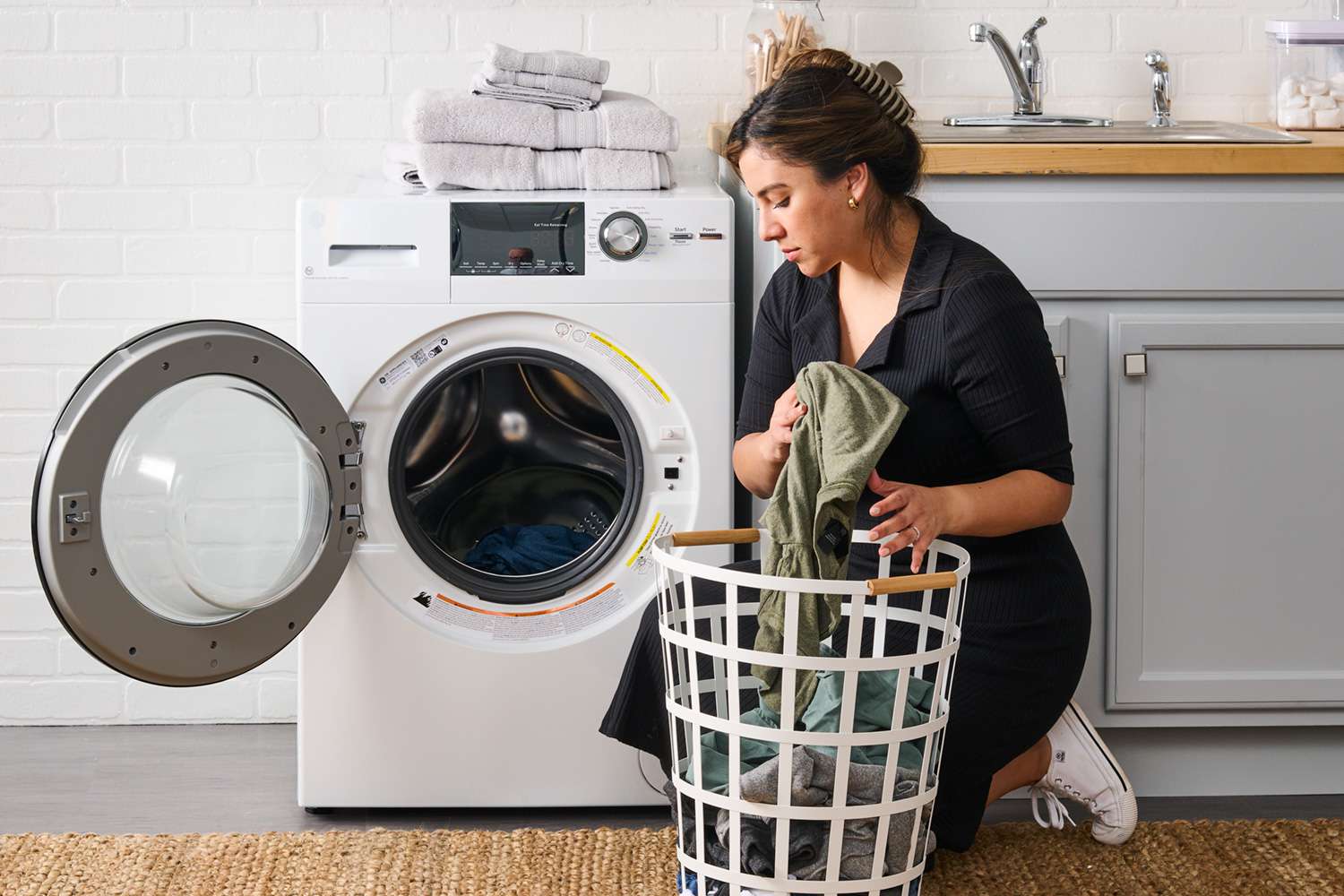

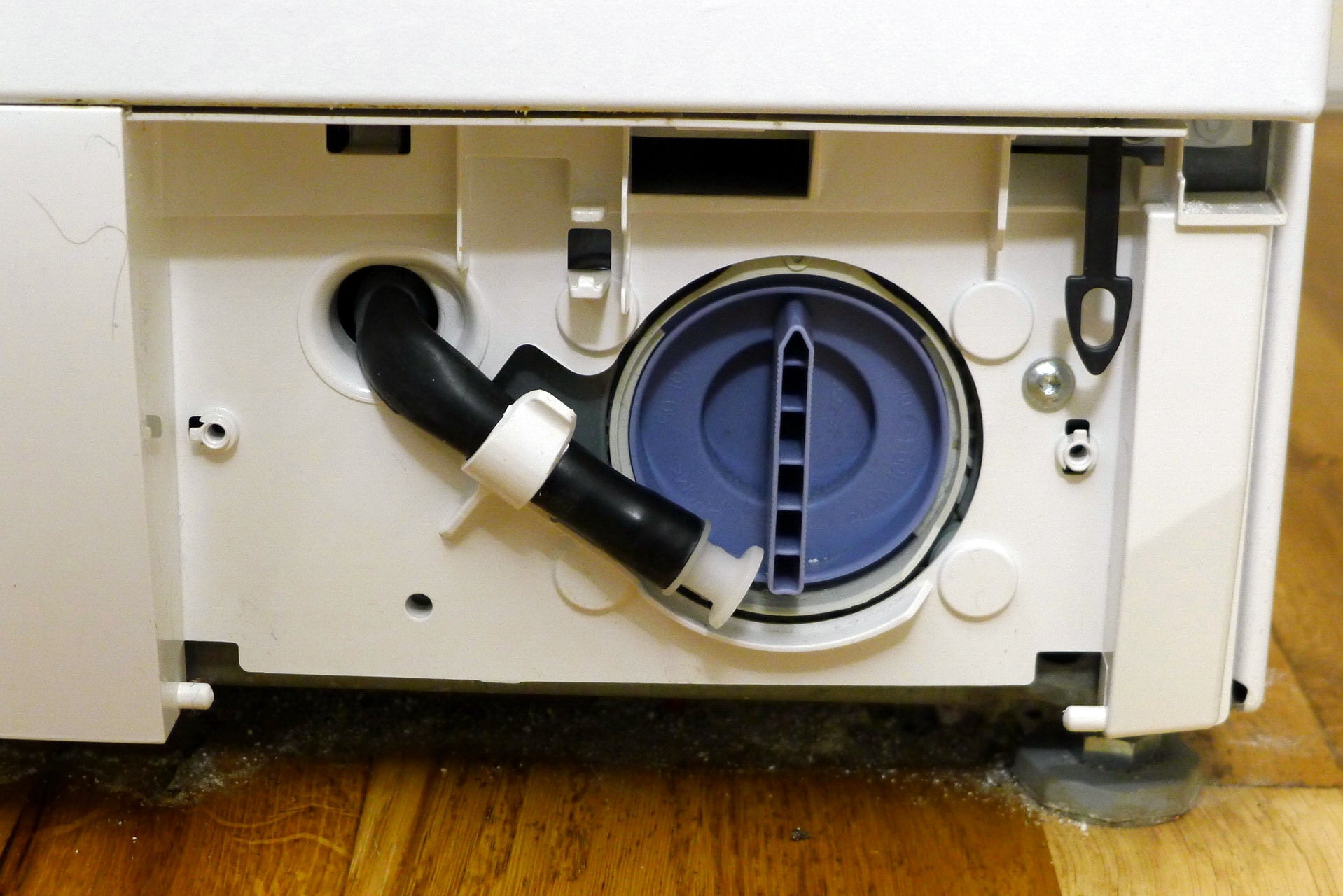

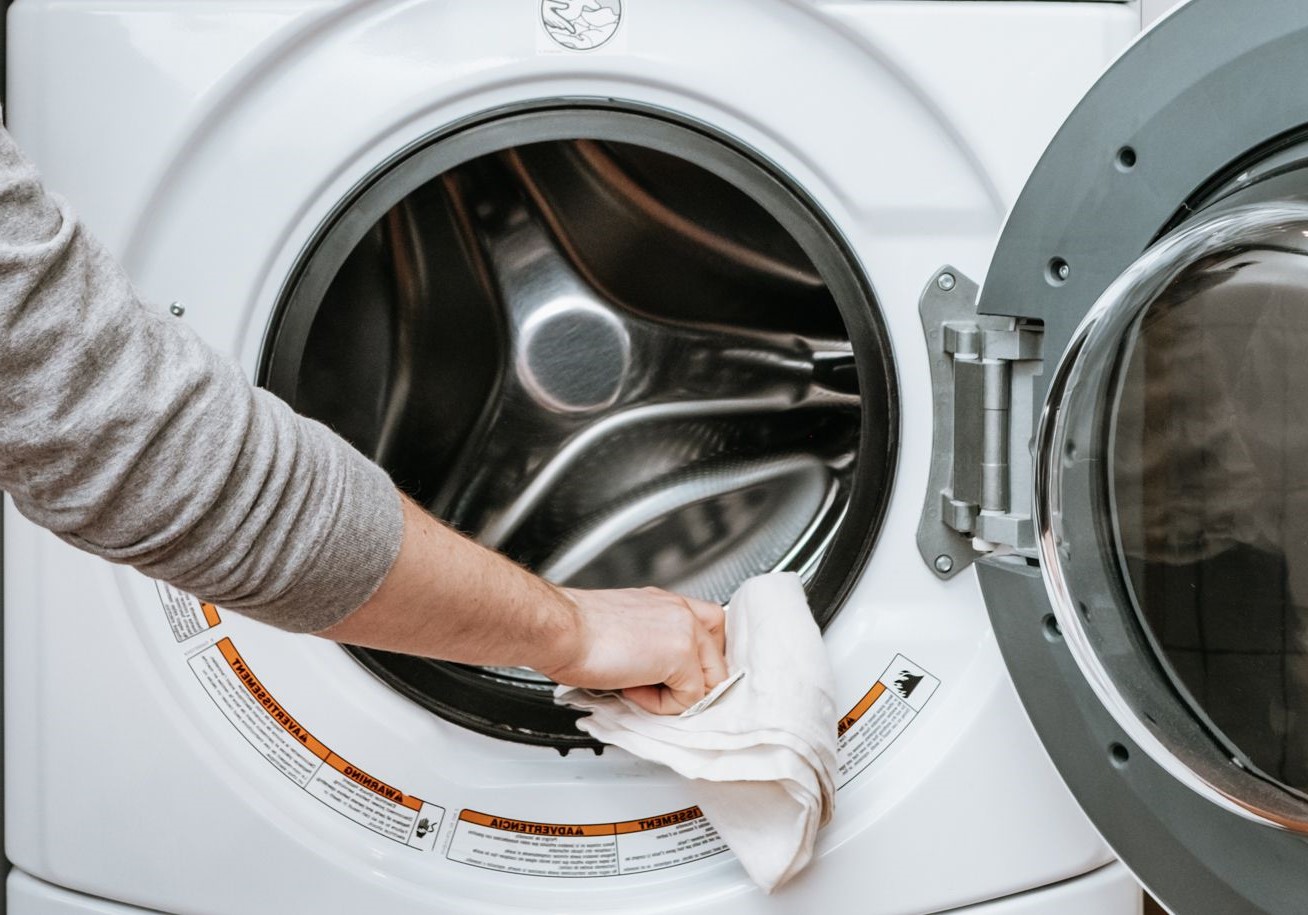

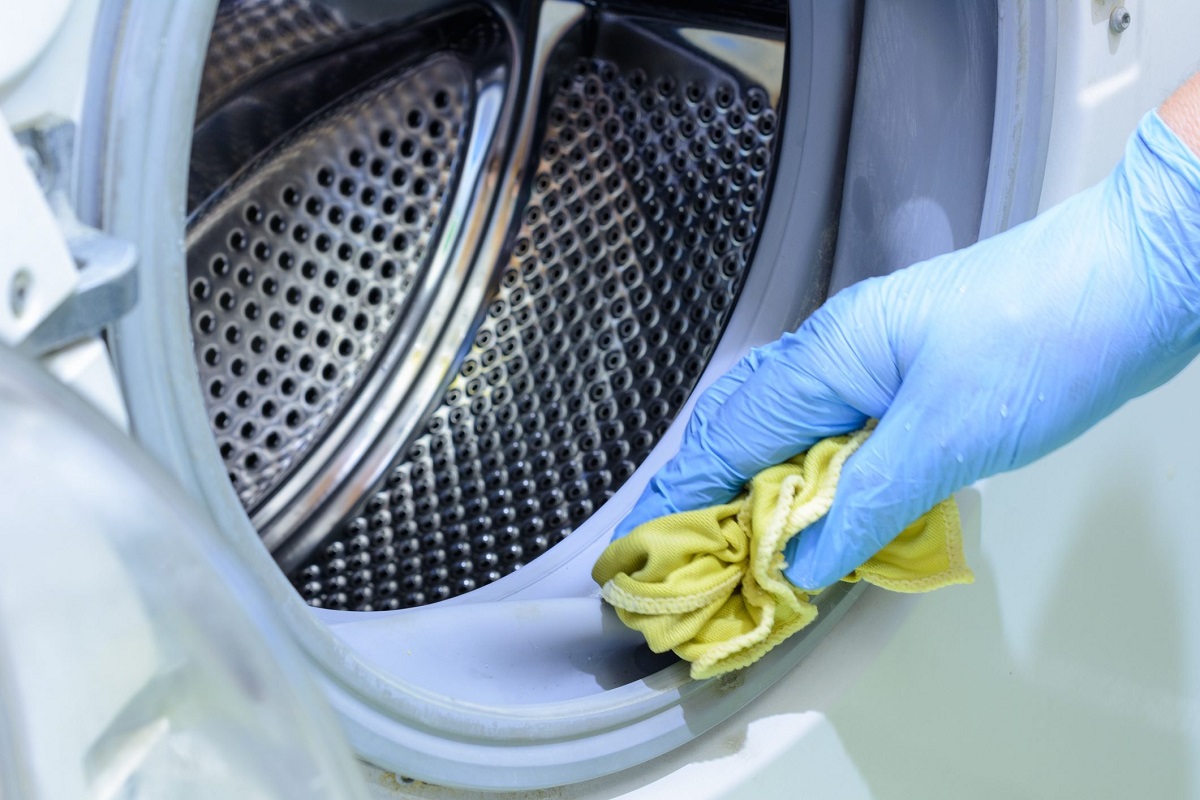
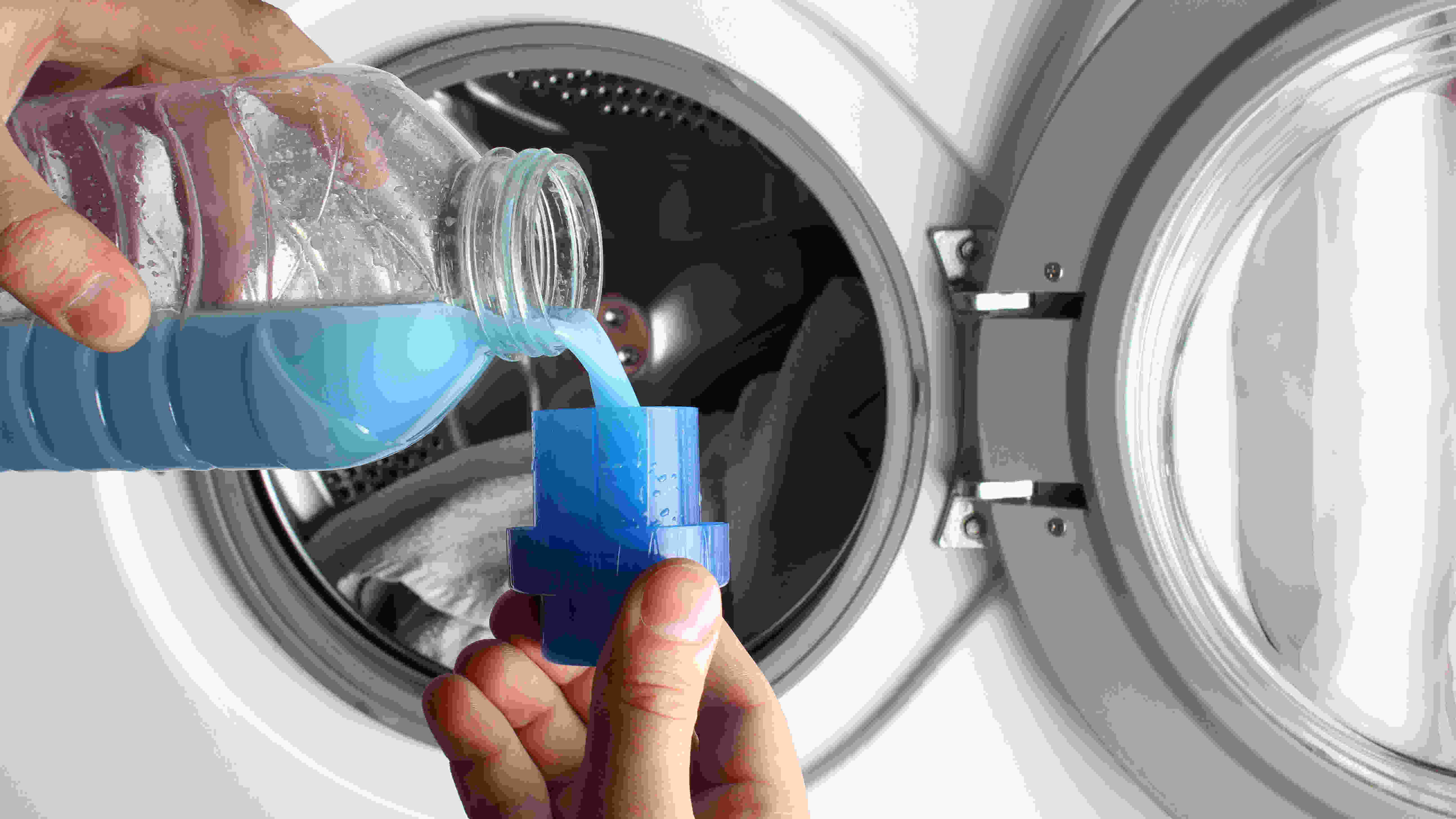
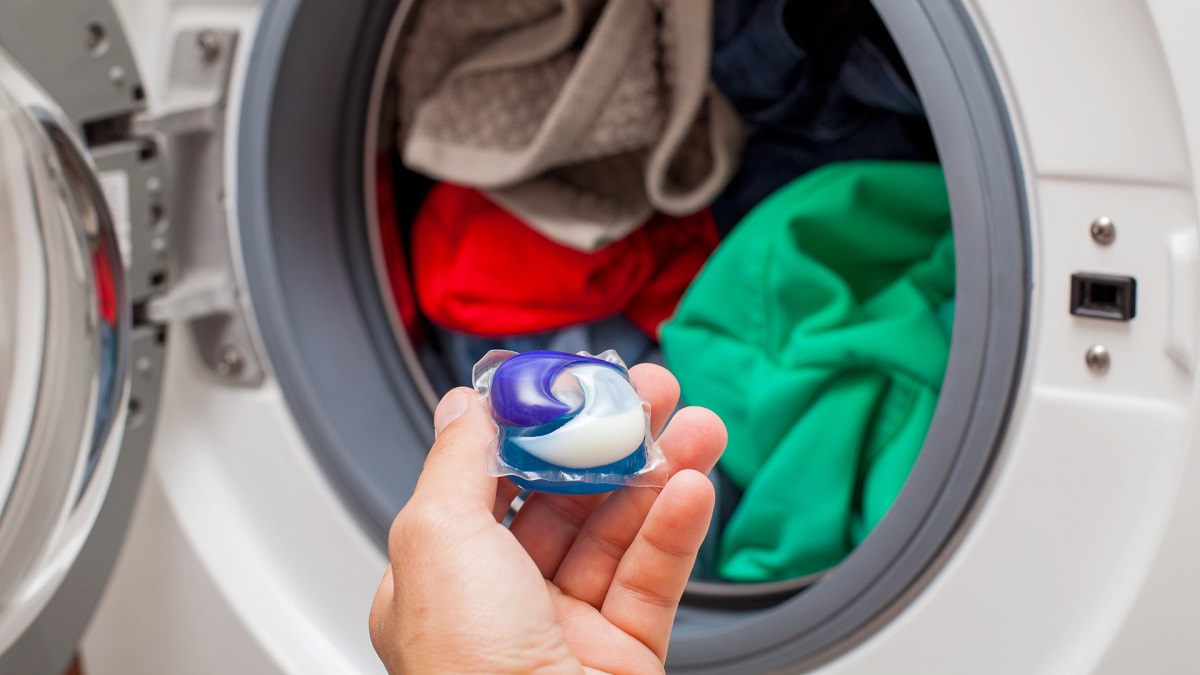
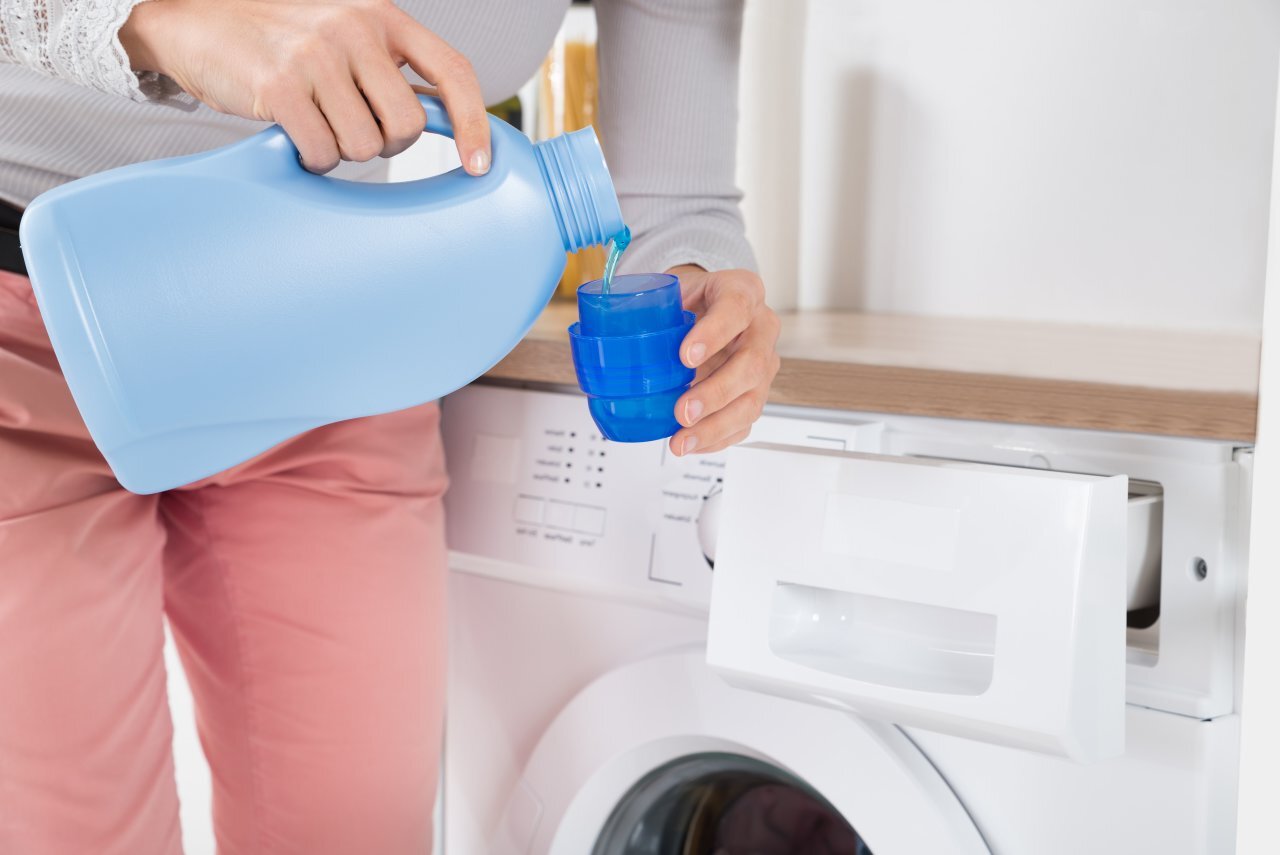
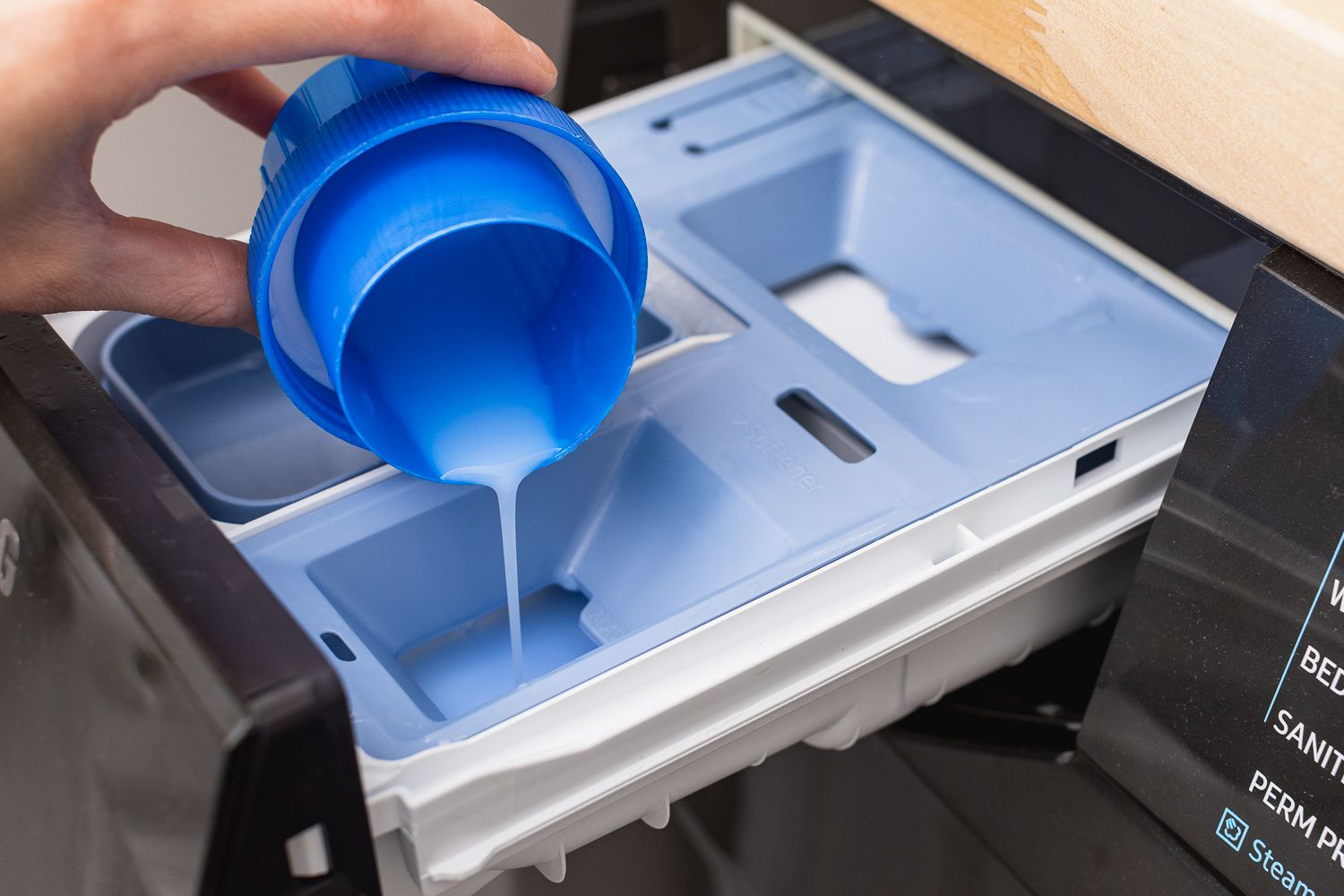
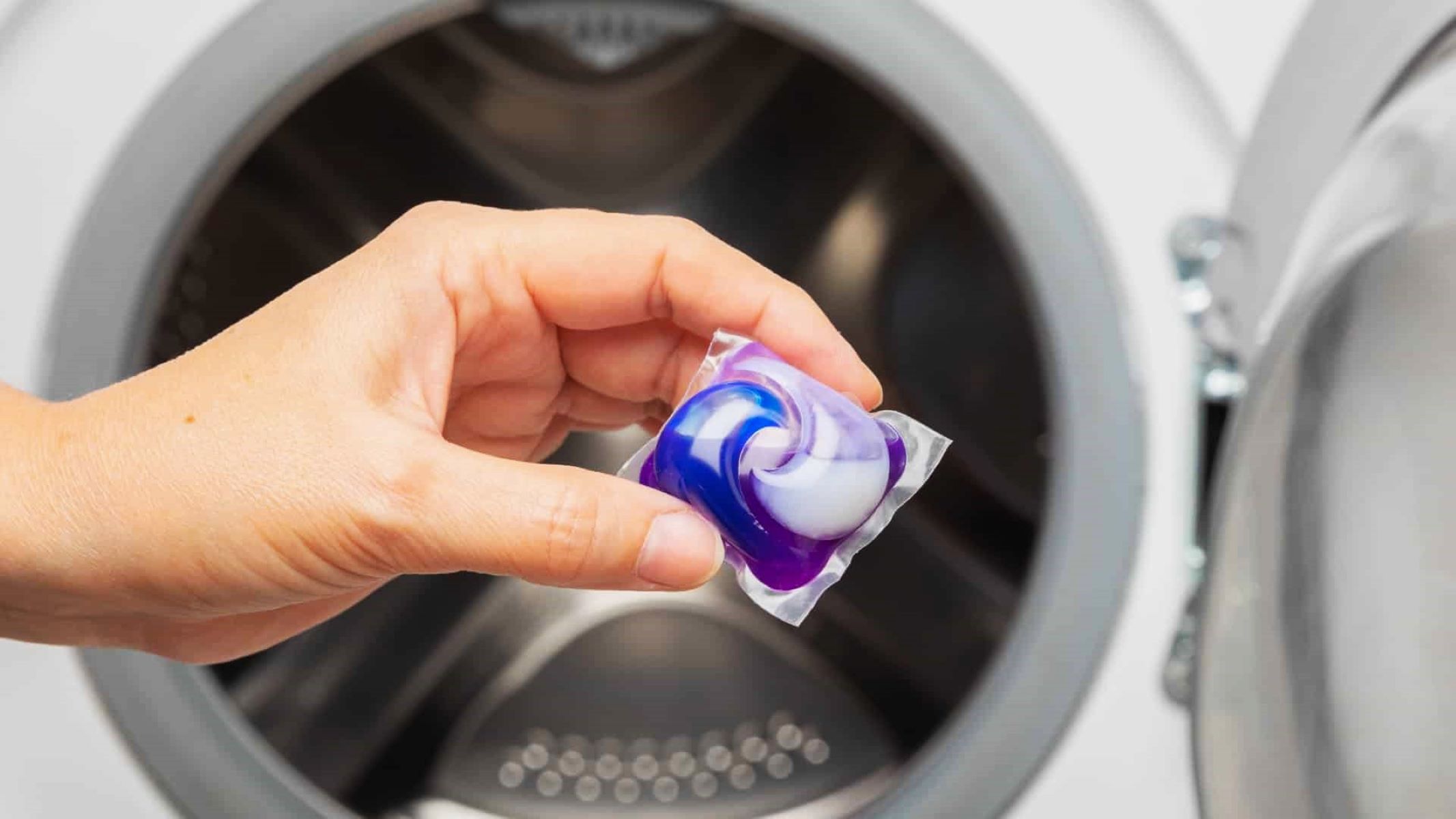
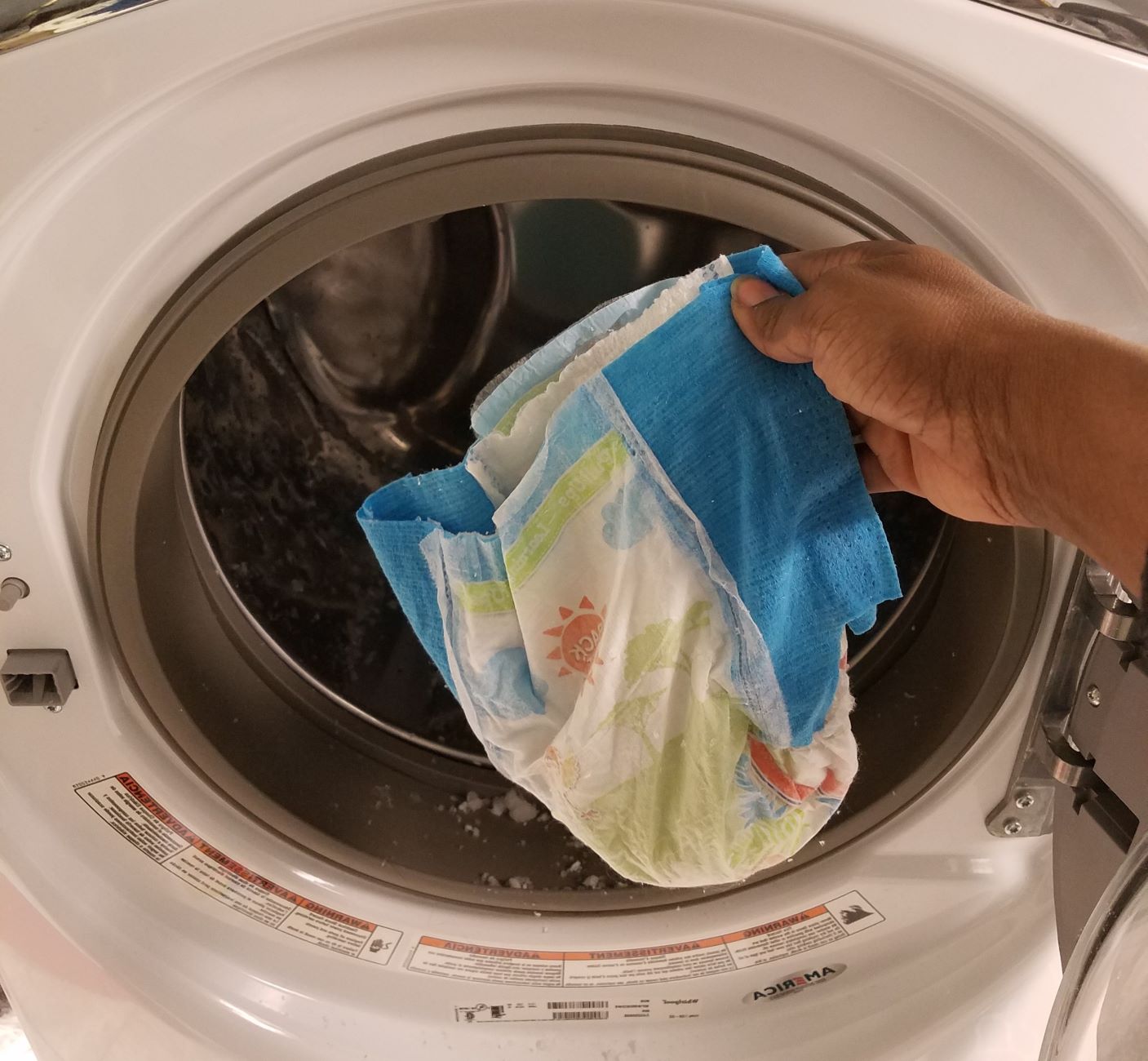

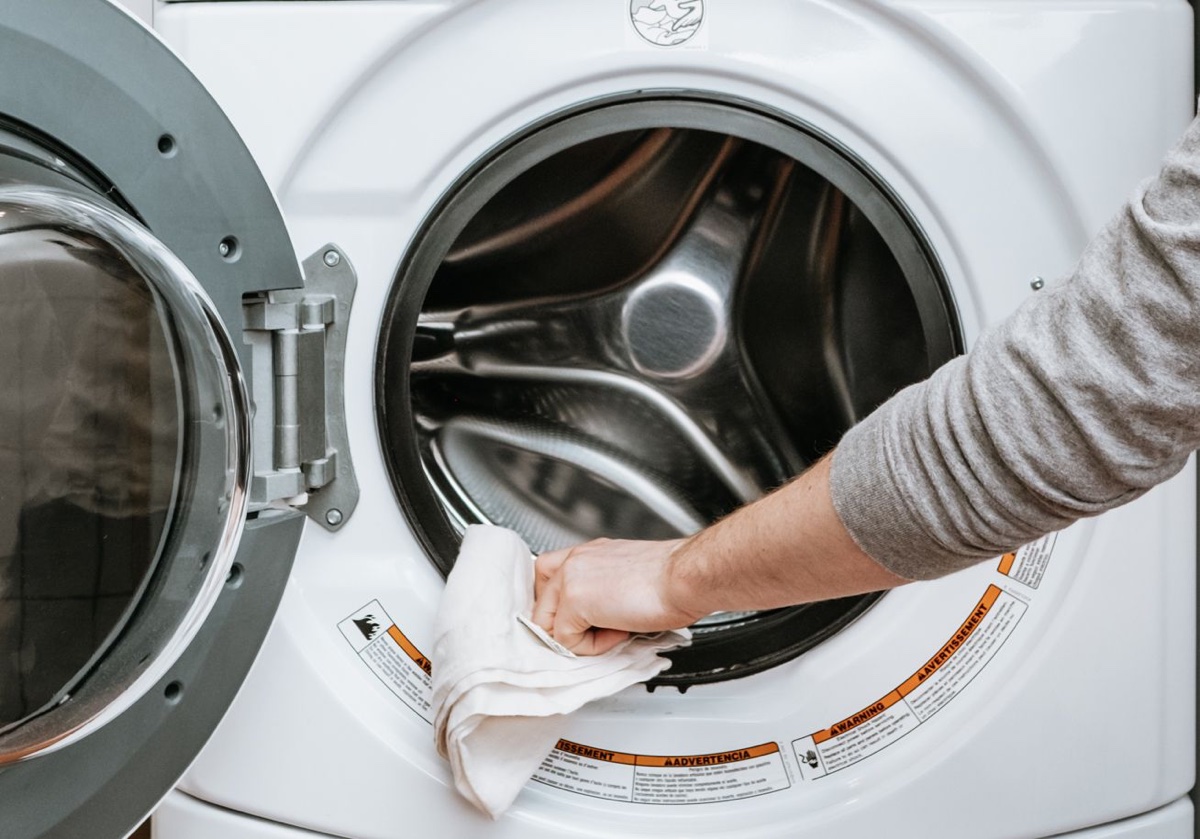

0 thoughts on “How Do You Know If You Overload Your Washing Machine”